pneumonia in cats uk
Upper respiratory tract infections are frequently shared between cats. Limited to single lung lobe lobar pneumonia.
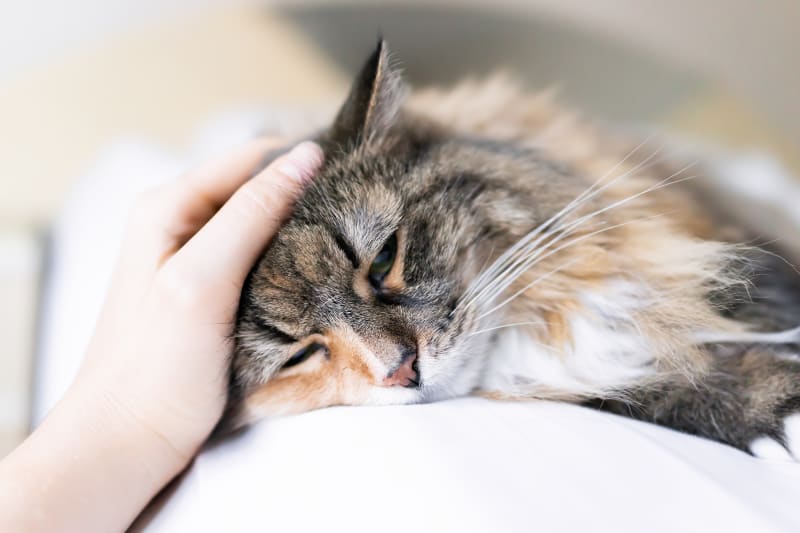
Types Of Pneumonia In Cats Available Treatments Tucson Emergency Vet Veterinary Specialty Center Of Tucson
Aspiration pneumonia in cats is caused by the cat inhaling a foreign material which leads to irritation of the sensitive lining of the lungs.
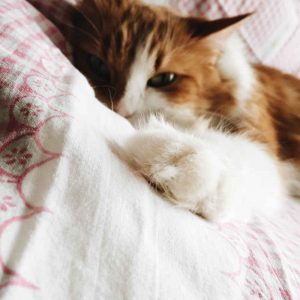
. Important Information on Pneumonia in Cats. Injury to the mucous membranes of the bronchial tubes and inhalation of irritants. Aspiration pneumonia explains Dr.
It severely damages the lungs and it is also common for sick cats to refuse to eat food and drink water which easily makes them develop severe dehydration. Rare in adult cats unless immunosuppressed. When cats start to develop bacterial pneumonia they show certain signs of there being something wrong with them which includes the following symptoms.
Fungal pneumonia may also cause eye or skin problems such as runny eyes and skin lesions as well as lameness in cats. Whether mild moderate or severe you should consult your veterinarian right away. Affecting alveoli and associated airways bronchopneumonia.
Read on to learn more about the rare but potentially fatal illness and how to spot the signs so you can act swiftly. Pneumonia in cats is more serious than a simple case of kitty sniffles. Pneumonia manifests in cats similarly to humans.
If your cat is suffering from aspiration pneumonia they could experience other symptoms as well such as difficulty swallowing increased heart rate and vomiting. Fever Cough Green or yellow nasal discharge Rattling sound coming from the chest Cyanosis blue tinge to mucous membranes of the mouth Loss of appetite Weight loss Unkempt coat Lethargy Dehydration. A common cause of aspiration pneumonia in cats.
Coughing - may be very deep congested and can be productive or non-productive. However they almost all stem from the inflammatory process occurring in the lungs. Pneumonia in cats In most species pneumonia is caused by a bacterial lung infection.
Coughing Fever Trouble breathing A loss of appetite Weight loss and loss of condition Lethargy Discharge from the nose Dehydration A faster rate of breathing An intolerance to exercise Wheezing. Typical signs of pneumonia include fever dullness inappetence weight loss and unwillingness to move around. This symptom also is known as dyspnea and can be a sign of various issues including infection trauma and bleeding.
Here are some typical signs of pneumonia in cats. Other common signs include coughing dyspnea difficulty breathing tachypnea rapid breathing a yellowish nasal discharge and cyanosis a bluish-purple color of the gums caused by poor oxygenation of the tissues. Shallow or laboured breathing.
It is usually the result of a severe infection that spreads to the lungs causing inflammation of one or both air sacs. Like in humans pneumonia can be lethal for cats. All young cats with unexplained pneumonia are assumed first to have a viral cause of pneumonia before other causes.
Intolerance to exercise due to. Bacterial viral fungal toxoplasma common with clinical toxoplasmosis in cats. The two major types of the disease are aspiration pneumonia and infectious pneumonia.
Read more also occurs in cats. Types of Pneumonia in Cats. Such objects are bound to irritate the sensitive tissues lining the lungs he notes.
Cat pneumonia symptoms include. Deep cough Noisy breathing and wheezing Rapid heartbeat Blowing out of the lips Bluish lips due to the deficiency of oxygen in the blood Greenish or yellowish nasal discharge Fever. Other reasons why a cat may be struggling to breathe include strange objects heart failure asthma and pneumonia.
Fungal pneumonia in cats may also cause eye or skin. Your cat can contract pneumonia when it goes through other respiratory diseases and it is highly contagious to those around it. Affecting interstitium interstitial pneumonia.
The most common signs of pneumonia in cats involve the upper respiratory tract or eyes. As fluid accumulates in the lungs a pet parent will begin to see more severe signs and symptoms. The most common cause of pneumonia.
Fungal pneumonia Fungal Pneumonia Pneumonia is an inflammation of the lungs and airways that causes breathing difficulties and deficiency of oxygen in the blood. Fungal pneumonia in cats also called mycotic pneumonia begins as a fungal infection that progresses into the development of pneumonia. There are many possible causes.
If the condition is left untreated then the disease spreads to the lungs. Parasites such as lungworms and flukes can invade the cats air passages and result in pneumonia. If your cat has pneumonia they will experience breathing difficulties and oxygen deficiency in the blood which can weaken their immune system.
In the UK it is found that up to 30 of respiratory disease in cats are associated with Chlamydia psittaci. The inhalation of spores from the soil is believed to be the source of most fungal infections in cats. Fletcher occurs when a cat has inhaled foreign matter into its lungsa tiny piece of plastic for example or a seed pod.
With pneumonia your cats lungs become irritated and swollen which makes it harder to breathe. Infectious pneumonia in cats results from a viral or bacterial infection in the lungs and airways this is the most common form of pneumonia seen in cats. However in cats viral pneumonia is much more common.
Cough dyspnea tachypnea hyperpnea. The most common symptom of pneumonia is a moist cough and dyspnea difficulty breathing. Unusually fast breathing rate.
Clinical Signs of Pneumonia in Dogs and Cats. Difficulty Breathing and Shallow. Pneumonia is an inflammation in the lungs which causes difficulty breathing and a decreased level of oxygen in the blood.
Aspiration pneumonia could also cause your cat to experience difficulty swallowing increased heart rate and vomiting. The signs and symptoms of pneumonia may vary greatly. Catching it early on makes it easier to treat.
Symptoms of pneumonia in cats. If particular bacteria viruses or fungal organisms invade the nostrils and airways of your cat they can develop into an infection or inflammation which can lead to pneumonia. Coughing up mucus or blood.
Symptoms and Types Symptoms of bacterial pneumonia include cough fever difficulty breathing lack of appetite and consequent weight loss sluggishness nasal discharge dehydration and rapid breathing.

Cat Pneumonia Know The Causes Signs And Treatment

Cat Pneumonia Know The Causes Signs And Treatment
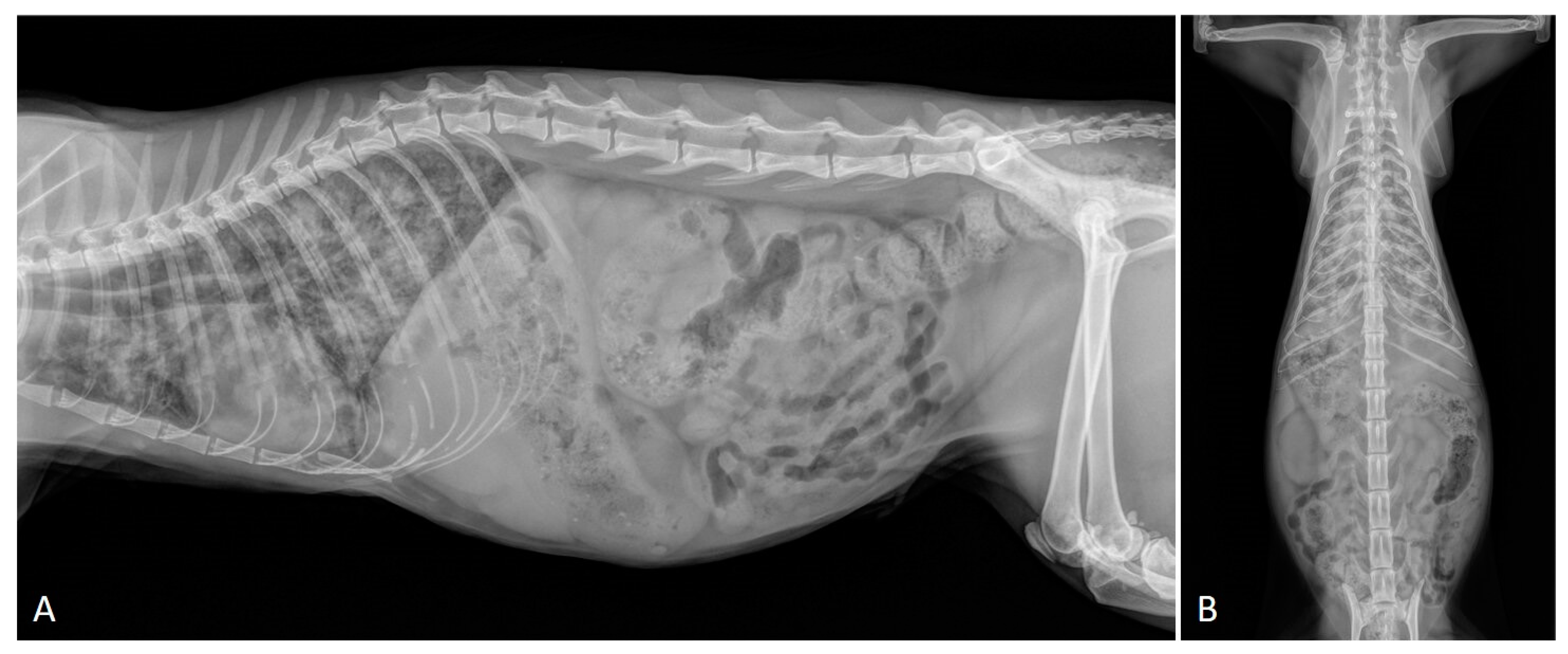
Pathogens Free Full Text Cat Respiratory Nematodes Current Knowledge Novel Data And Warranted Studies On Clinical Features Treatment And Control Html

Cat Pneumonia Know The Causes Signs And Treatment

Cat Pneumonia Know The Causes Signs And Treatment
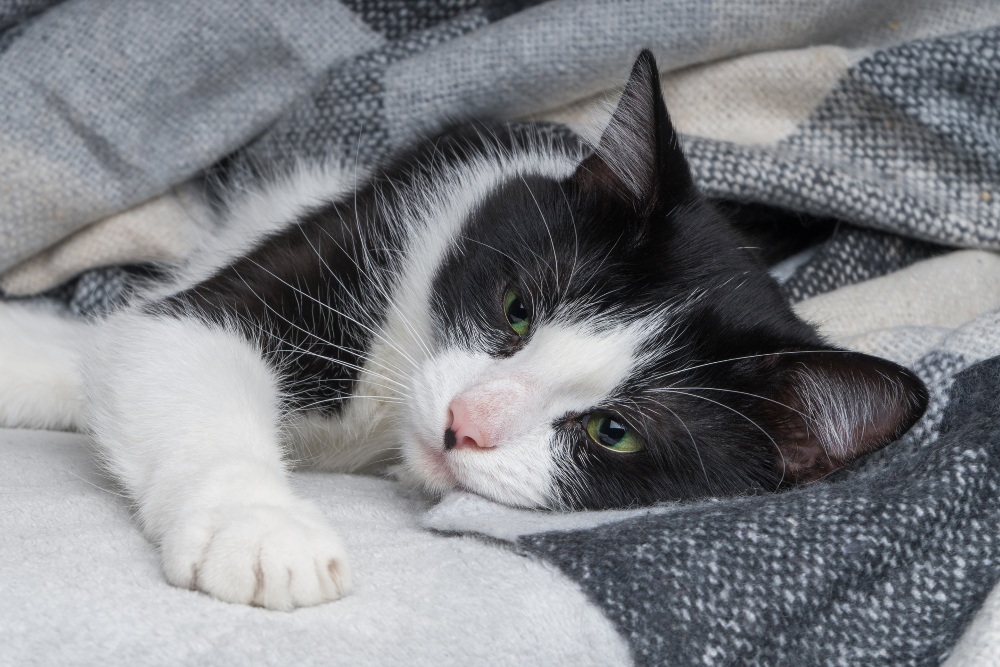
Cat Pneumonia Symptoms Diagnosis And Treatment Healthy Paws Pet Insurance
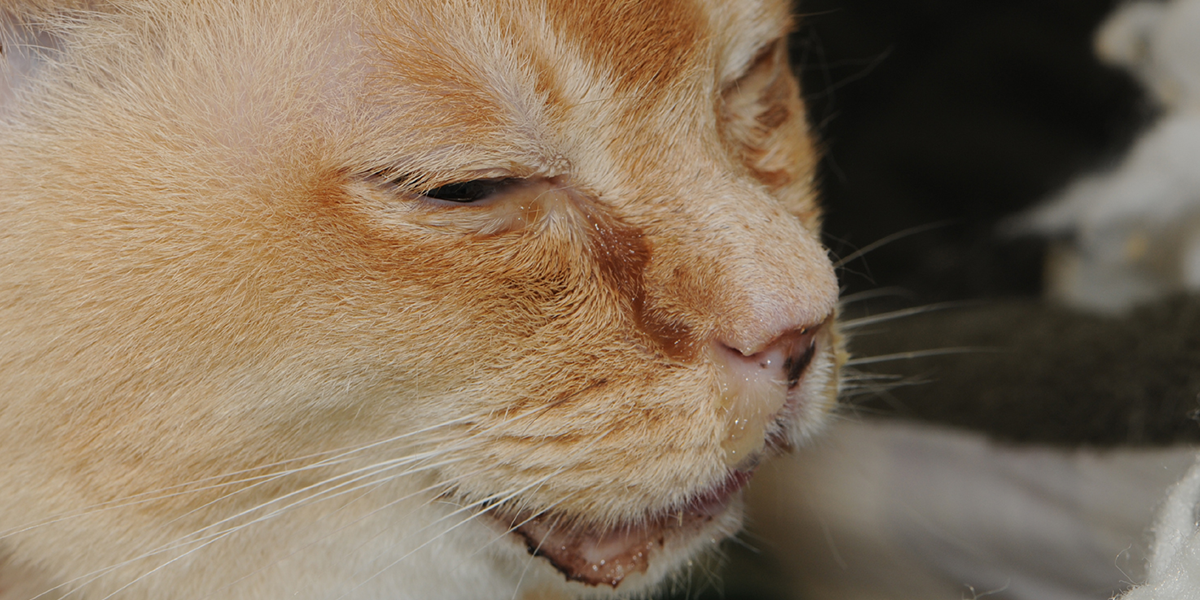
Cat Flu Upper Respiratory Infection International Cat Care

Types Of Pneumonia In Cats Available Treatments Tucson Emergency Vet Veterinary Specialty Center Of Tucson

Feline Pneumonia What You Need To Know Hudson Veterinary Hospital
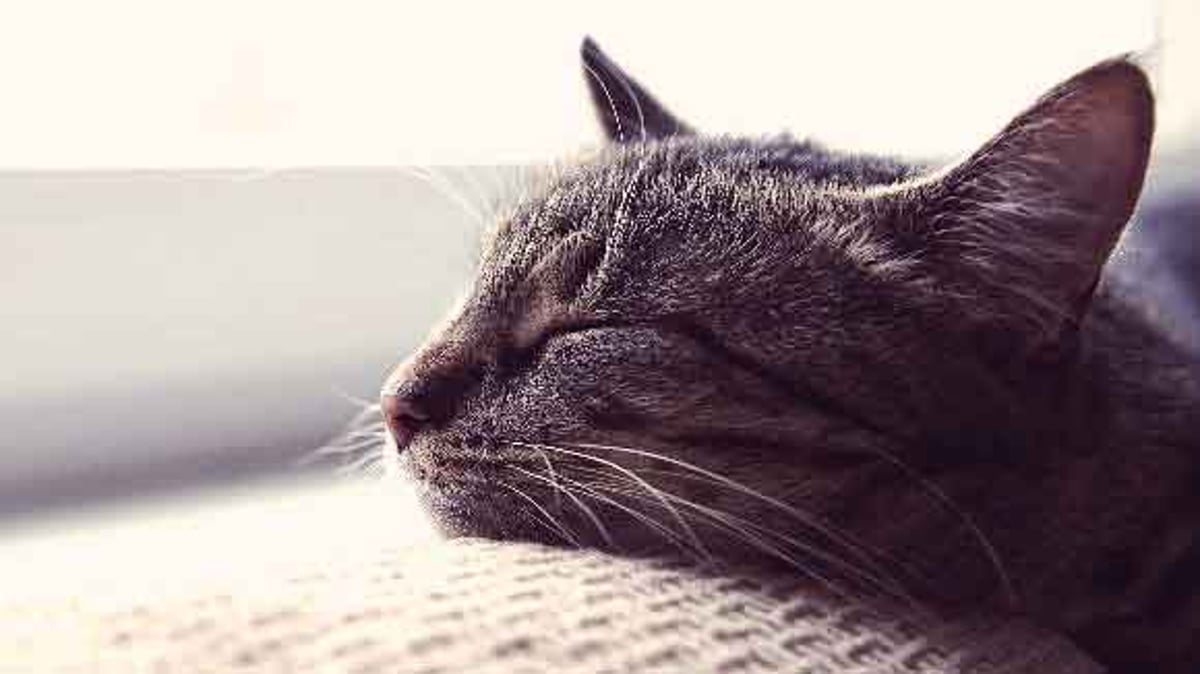
How Do You Treat Megaesophagus In Cats Petcarerx

Symptoms Of Pneumonia In Cats How It S Treated Winston Salem Vet Carolina Veterinary Specialists Emergency

Everything You Need To Know About Feline Pneumonia Petair
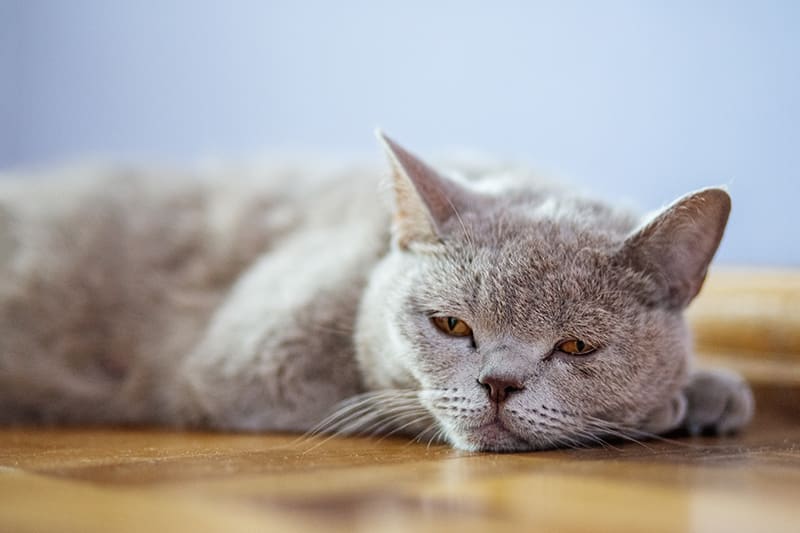
Pneumonia In Cats Causes Symptoms Treatment Cordova Vet Germantown Parkway Animal Hospital
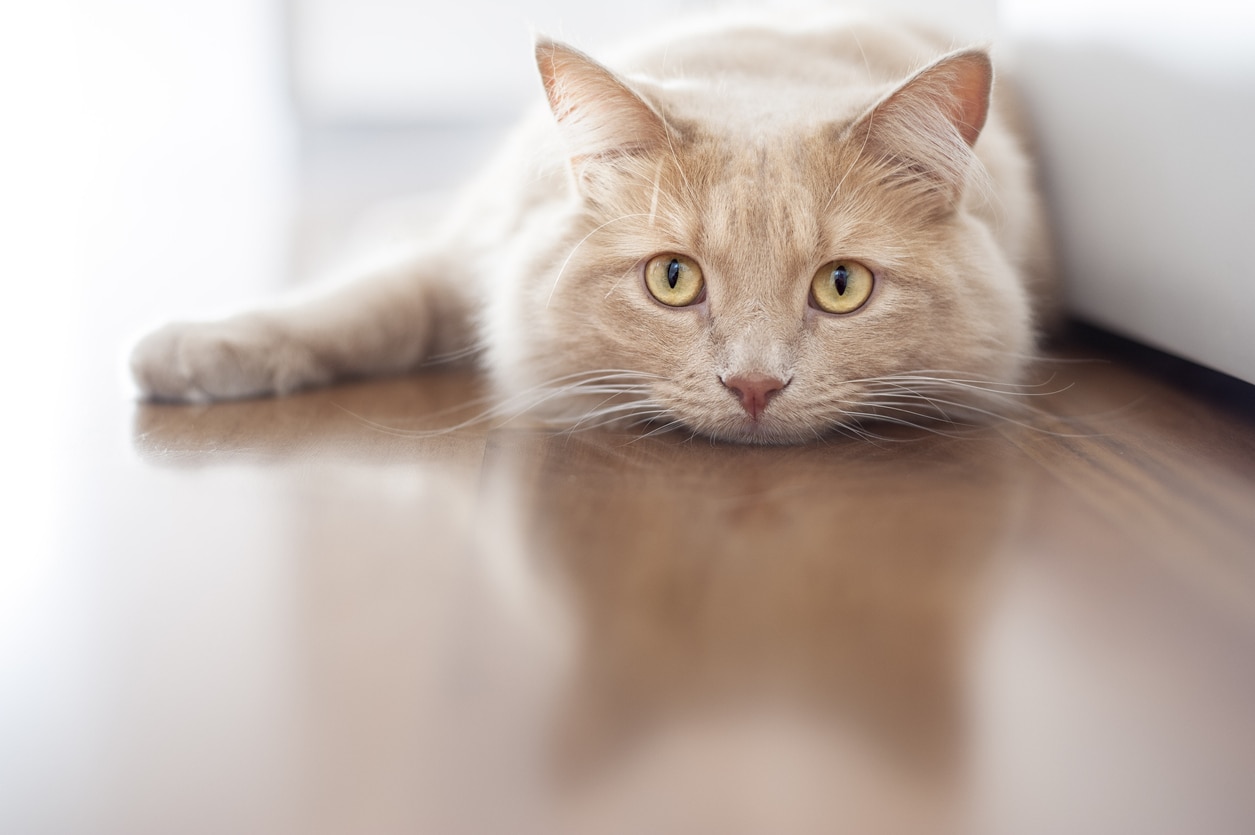

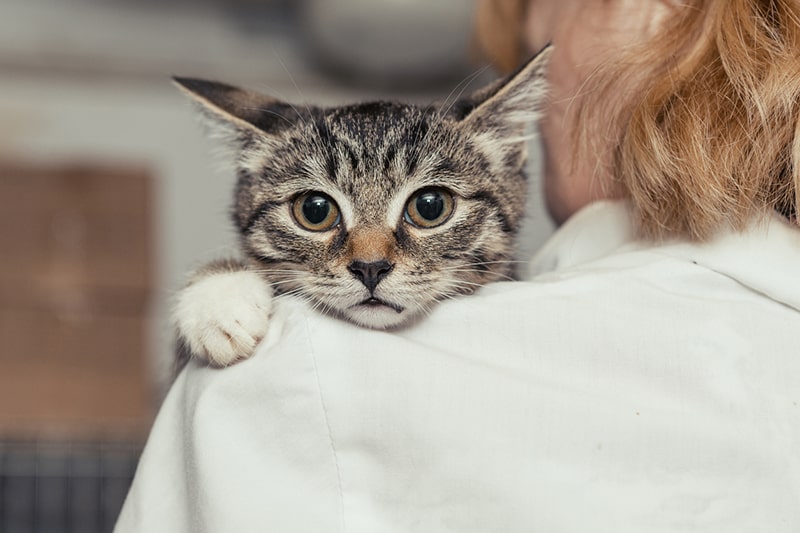

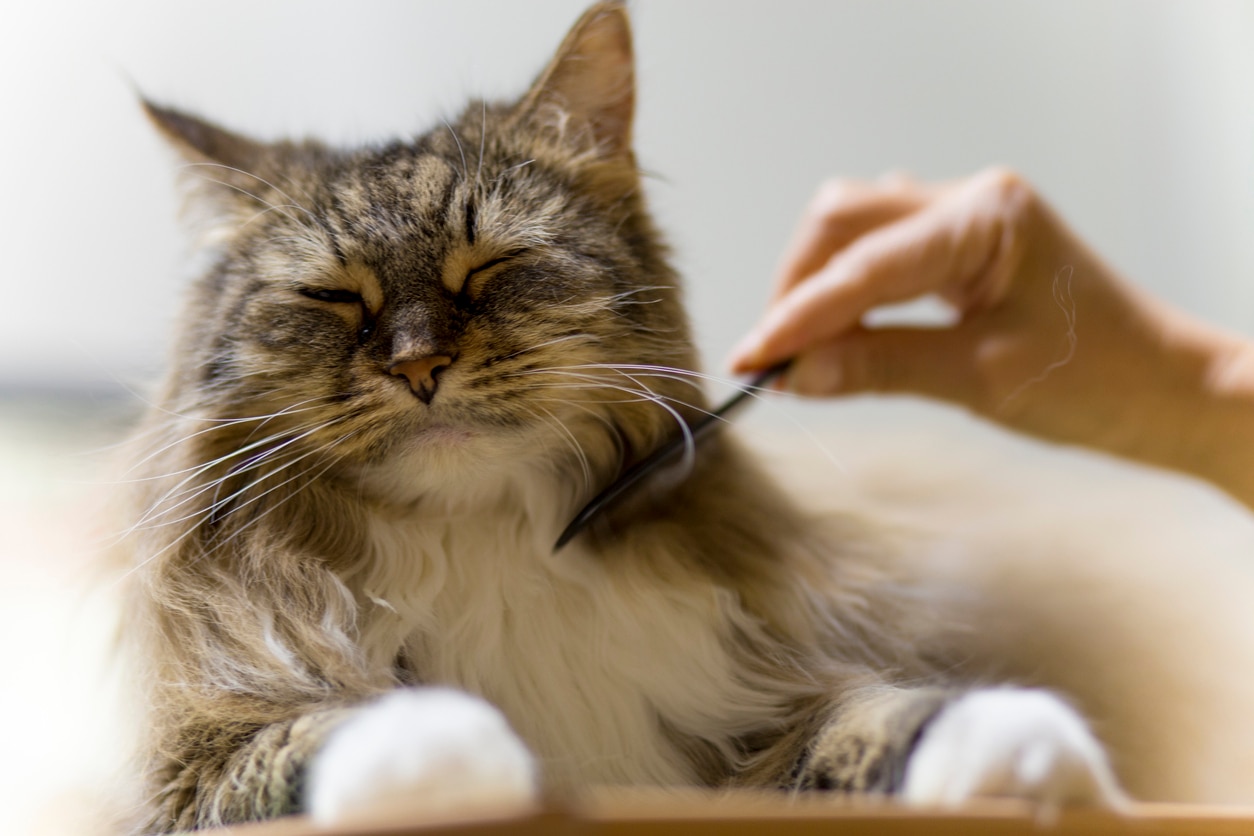
/domestic-cat-lies-in-a-basket-with-a-knitted-blanket--looking-at-the-camera--tinted-photo--1194409229-54257cc696124a02af4a487d5102fea6.jpg)